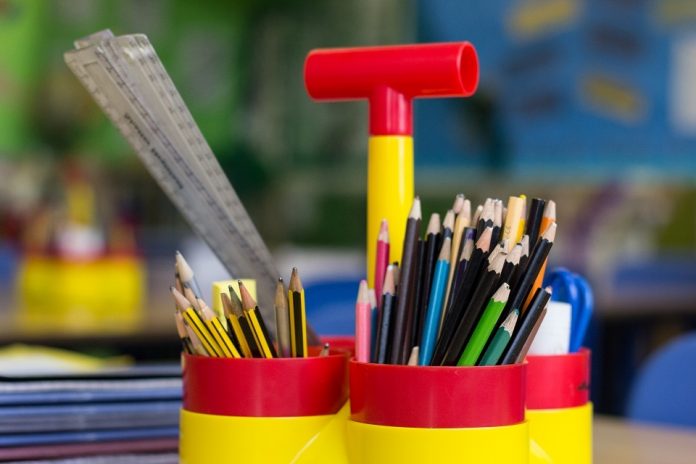Following the Secretary of State’s announcement today, Ofsted is able to set out plans for its return to inspection in schools and further education providers – as well as plans for inspections and regulatory work in early years and social care.
Her Majesty’s Chief Inspector, Amanda Spielman, said:
The usual level of scrutiny within the education and care system has been absent since last March, so it’s important that it returns next year as we all hope for a greater level of normality. But we understand the pressure that everyone in education and social care is working under and we want to return to our usual work in a measured, sensitive and practical way.
We will not re-introduce graded inspections to schools and colleges before April. During the spring term, we will use supportive monitoring inspections to help those that most need it, focused on how well pupils and students are learning. Routine inspections in early years and social care are also planned for the summer term, but regulatory work will continue in the interim.
Our role is to offer the greatest assurance we can to parents and the public about the quality of education and care arrangements for children and learners. These plans will help us support the providers who are facing the greatest challenges during these difficult times. They will ensure that inspection is fair, safe and valuable, while remaining true to our core purpose and principles.
Over the coming months, Ofsted will discuss the approach to routine inspection in 2021 with sector representatives and test it through a series of pilot visits, where necessary.
Maintained schools and academies
-
From January, we will resume monitoring inspections of schools judged inadequate at their previous inspection and some schools graded as requires improvement. These will not result in a grade.
-
Emergency inspections of schools will continue as they have done throughout the pandemic, in response to any serious concerns raised with Ofsted.
-
Routine inspections, which result in a school being awarded a new grade or being confirmed in its current grade, will resume in the summer term.
Independent schools
-
Throughout the spring term, all inspections will be at the request of the Department for Education (DfE).
-
Routine inspections will resume in the summer term.
Further education and skills
-
From January, we will resume monitoring visits to providers that would be monitored in normal times, in particular those graded requires improvement and inadequate, and new providers.
-
Colleges that do not receive a monitoring visit may receive support and assurance visits. Safeguarding visits will continue in response to concerns raised about providers.
-
Full graded inspections will resume in the summer term.
-
Interim education visits to prisons will start in January, to support and challenge prisons to return to full programmes of education and skills activities following COVID-19 restrictions.
Early years
-
We will carry out a programme of assurance inspections from the start of the spring term. These inspections will confirm whether or not a provider is meeting the early years foundation stage (EYFS) requirements.
-
Assurance inspections will be proportionate and risk-based. Providers will be prioritised based on the length of time since their last inspection, and any other relevant information.
-
Routine graded inspections will resume in the summer term of 2021.
Children’s social care
-
From January, we will resume focused visits to local authority children’s services. These visits will not result in a graded judgement.
-
Routine inspection under the inspection of local authority children’s services (ILACS) framework will begin from April. We will prioritise inadequate local authorities that are ready for re-inspection, and authorities where there are concerns.
-
We will continue with assurance visits under the social care common inspection framework (SCCIF) until April, when routine inspections will resume.
Area special educational needs and disabilities (SEND)
- From January we will resume joint interim visits with the Care Quality Commission. These visits aim to support improvement and will not result in a published letter or graded judgement.
Published 3 December 2020







